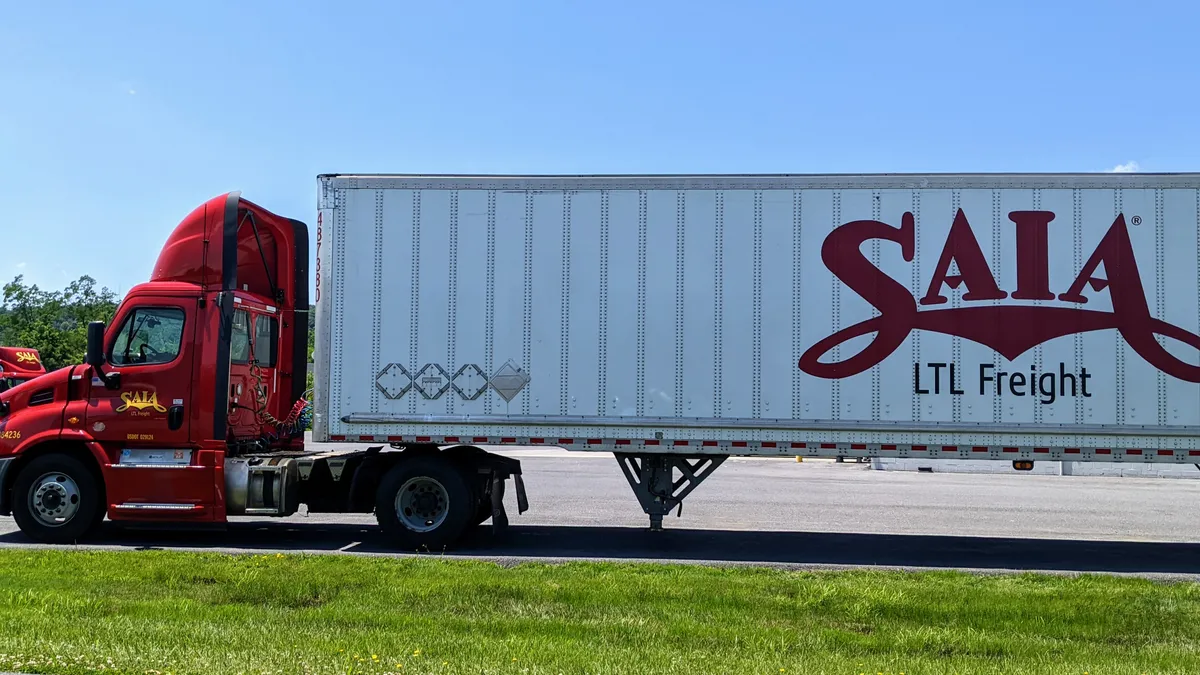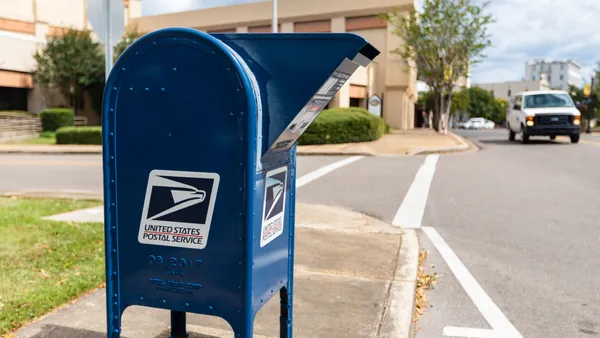Dive Brief:
- Transport Canada has issued HOS exemptions, deemed the Essential Freight Transport Exemption, for COVID-19 response. According to the document, made available by the Canadian Trucking Alliance (CTA), the exemption began Tuesday and will be in effect until the end of the day on April 30 or until Transport Canada ends it.
- Exemptions specifically apply to sections 12-29 and 37-54 of HOS regulations, which cover scheduling. The list of items commercial trucks can transport that qualify the driver for the exemption is identical to the FMCSA’s list. But the Essential Freight Transport Exemption includes more administrative requirements, particularly in regards to reporting other paperwork.
- The exemption applies only to carriers regulated by the federal government, termed "extra-provincial" carriers. Provincial governments could implement their own HOS exemptions; Manitoba has made HOS permits available for those working on relief efforts.
Dive Insight:
The FMCSA, which issued HOS exemptions following President Donald Trump's emergency declaration March 13, does coordinate with Transport Canada when issuing emergency exemptions, a FMCSA spokesperson confirmed to Transport Dive. When a U.S. driver crosses the border, the driver is subject to Canadian federal rules.
Under normal circumstances, "The HOS regulations in [Canada, the U.S. and Mexico] include additional requirements, exceptions and exemptions that apply in specific circumstances," according to the FMCSA. So, U.S. drivers crossing the northern border will need to comply with the federal exemption, if applicable.
Canada's exemption provides temporary relief from the scheduling provisions in the HOS rules, but all other aspects of the rule apply, "including the requirements for fatigue management and monitoring, as well as the need to complete daily logbooks and maintain records," CTA said in a press release
Normal HOS rules in Canada don’t allow drivers to drive for more than 13 hours, or accumulate more than 14 on-duty hours, in a 24-hour period. To comply with the Essential Freight Transport Exemption, carriers or drivers must, among other things:
- Notify the hours of service director in their base jurisdictions that they intend to operate under the exemption, give the director information on all drivers and vehicles that will be participating, and keep the director abreast of any changes to that information.
- Indicate in daily logs if they are operating under the exemption on that day.
- Not have a “conditional” or “unsatisfactory” safety rating from the base jurisdiction, or be under an out-of-service declaration.
- Have a copy of the exemption in every vehicle operating under the exemption.
- Consider indicating on the bill of landing that transported materials are directly related to COVID-19 efforts.
- Take a minimum of 10 consecutive hours of off-duty time after delivering qualified essential items.
"At this time, CTA expects its members will be using this measure only in very rare or limited circumstances," the press release reads.










